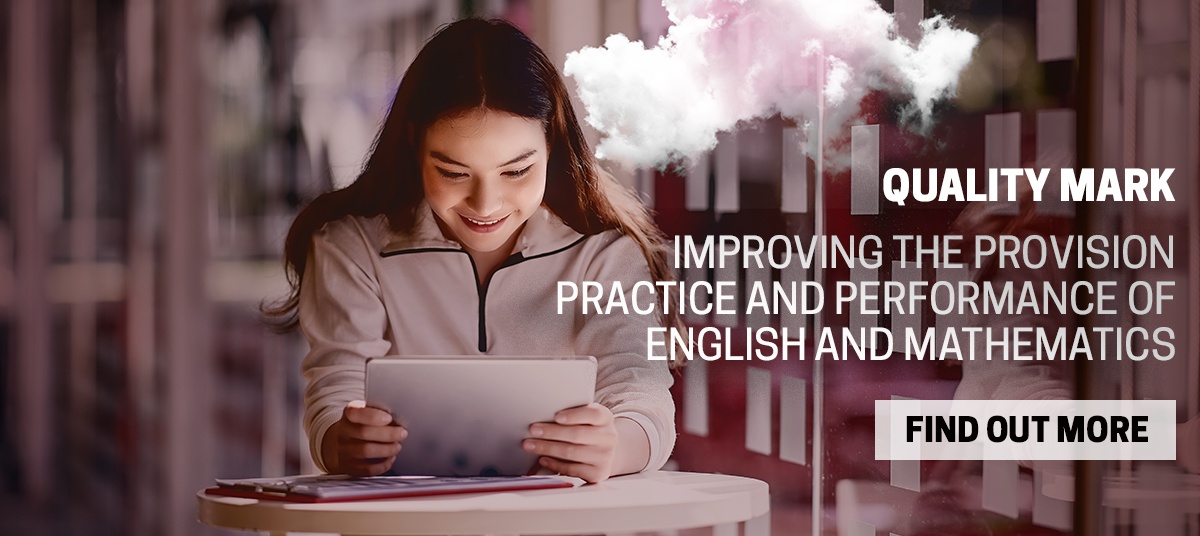In 2020, due to Covid-19, Primary Assessment, how we plan it, administer it and the knowledge we take from it about our pupils was turned ‘upside down’.
That familiar structure which we have always used to acknowledge and reinforce our ongoing teacher assessments has disappeared.
How can we complete our formative and summative assessments if the subject of those judgments has not been in school for a prolonged period, has missed both direct and indirect teaching for much of the year or is not settling back into school life and a pattern of learning as it currently must be?
Firstly, don‘t we have to look beyond the barriers which educators have been forced to work with in 2020, and now, unfortunately, moving forward into 2021?
We must all acknowledge and accept the challenges to education all schools are coping with due to the pandemic; we can’t change that!
Covid-19 has had a massive impact upon not just our children’s education, but also upon the mental health and wellbeing of many. Therefore, we need to carefully examine how we can reasonably accurately assess where the key gaps lie within both pupils’ learning and their confidence to learn, and our expectations must be adjusted accordingly.
So, let’s start there …
What we can, and should, do is strive for consistency in a new approach to assessment throughout the school. Ensure that good practice is acknowledged and shared amongst all staff and that all practitioners within our schools feel supported; remember this virus has affected us all, not just the pupils, and some staff will feel lost and unsure they are able to cope.
We are professionals! Consider the children in our ‘bubble’. We probably knew them before Covid; we, or our colleagues, knew something of their capabilities and would have already predicted, or had an experienced understanding of, the path their progress and achievements would have followed through the course of the year.
Looking at the tasks some children have completed at home, and the work accomplished in school since their return to the classroom, will provide staff with a reasonable picture of a child’s general level of ability and where their key gaps in learning now lie. The need to incorporate a component of assessment in the distance learning tasks we give to our pupils is paramount, and will allow an acknowledgement of their achievements, enabling both staff and children to evaluate their learning progression in key areas.
However, we cannot expect children to learn and make progress through the curriculum through self-learning with little, or no, direct interaction from teachers. What about those pupils who have done (are doing) no self-learning during lockdown?
A concentration now on Reading, Phonics, literacy skills and maths will support children to further develop and reinforce their basic skills. Schools will automatically have put ‘catch-up’ programmes in place, and I know staff have been working extremely hard to facilitate these in all our schools.
But, above all, we must use our professional judgement. We all have that, but I feel, due to the virus, that some of us are losing faith in what we have been doing, successfully, for so long; what we instinctively know is correct and works well for us.
Schools must, obviously, continue to deliver high quality education to all their pupils, be it in our bubbles or via remote learning. Seemingly, the Year 1 Phonics Check, the Year 4 Multiplication Tables Check and the Key Stage 1 and 2 SATs will not take place in 2021. This will make teachers’ formative assessment, across the curriculum, of crucial importance.
Assessing the progress of our pupils, some of whom are in school and some who are accessing a varying amount of the remote learning programmes all schools are providing, will be a challenge as our situations change. Schools must also carefully monitor and assess the progress and attainment of our pupils with Educational Health Care Plans (EHCP) and ensure they are receiving their correct level of support; remote learning for some children with different needs may be extremely difficult. However, as educators we can still draw on a wide range of sources.
During this new period of lockdown, it is essential that distance learning strategies ensure our children are receiving planned and well-sequenced lessons, offering clear expectations, with an emphasis on further developing basic skills of numeracy and Literacy. This will enable our staff to gauge pupil progress through offering suitable tasks and extended questioning.
The many online learning platforms schools can access, such as BBC Bitesize, Purple Mash, Doodle Maths, Times Table Rock Stars and Literacy Planet, to name but a few, all offer us a wide range of curriculum support through lesson planning, online lesson interaction with pupils (and parents in some cases) and include inbuilt assessment tasks.
Observation, traditionally used primarily in Early Years settings and Key Stage 1, will be a key ally. Watch how children interact with their peers and staff members. Look for the small steps your pupils are taking, the everyday signs and sparks of recognition which show us a child is remembering their understanding of a particular concept, is moving forward, and enjoying learning again!
These are the methods of assessment which we, as educators, can build on, and which will give us the best indications of our pupils’ progress and achievements during these unprecedented times!
However, when our lives return to normal, I am sure we will find those familiar elements of assessment we have used in the past, will need to be redesigned to address the changing needs of all pupils and to ensure the evaluation and assessment of our children’s progress will be ‘back on track’ in a manageable timeframe.
TOPICS:
SHARE THIS ARTICLE:




